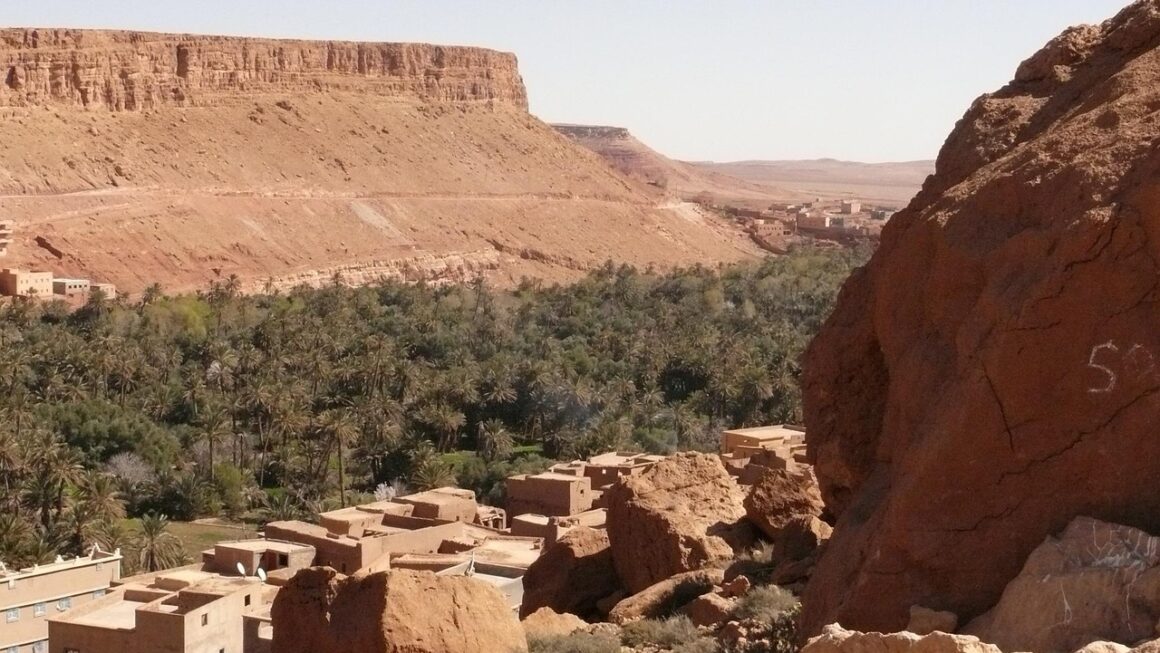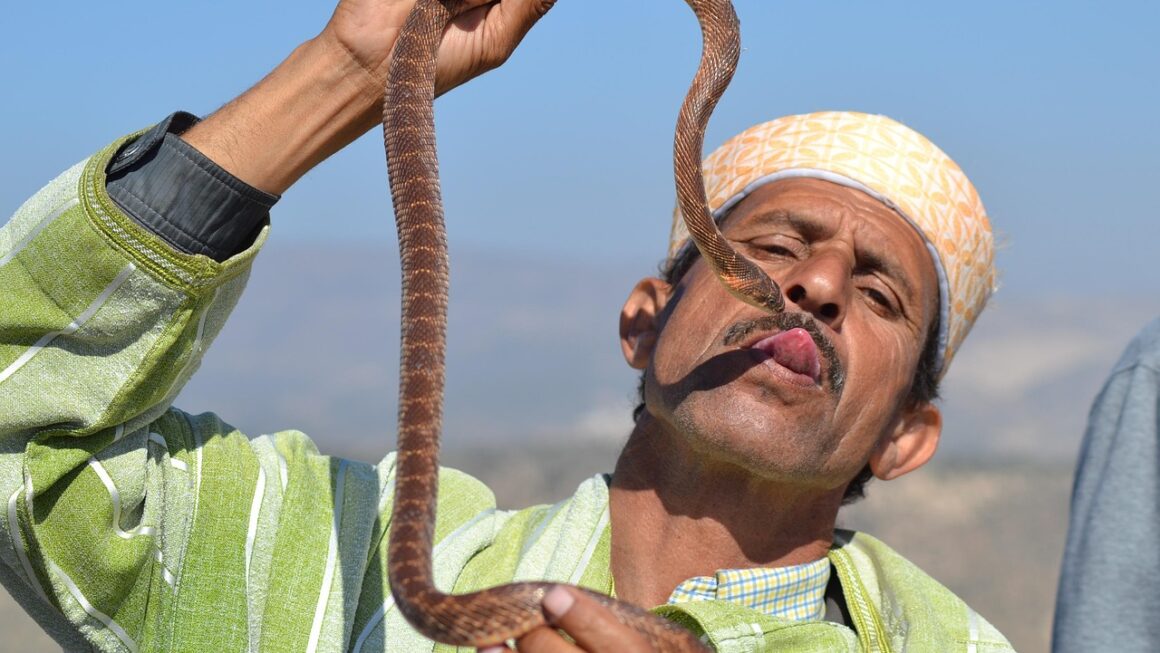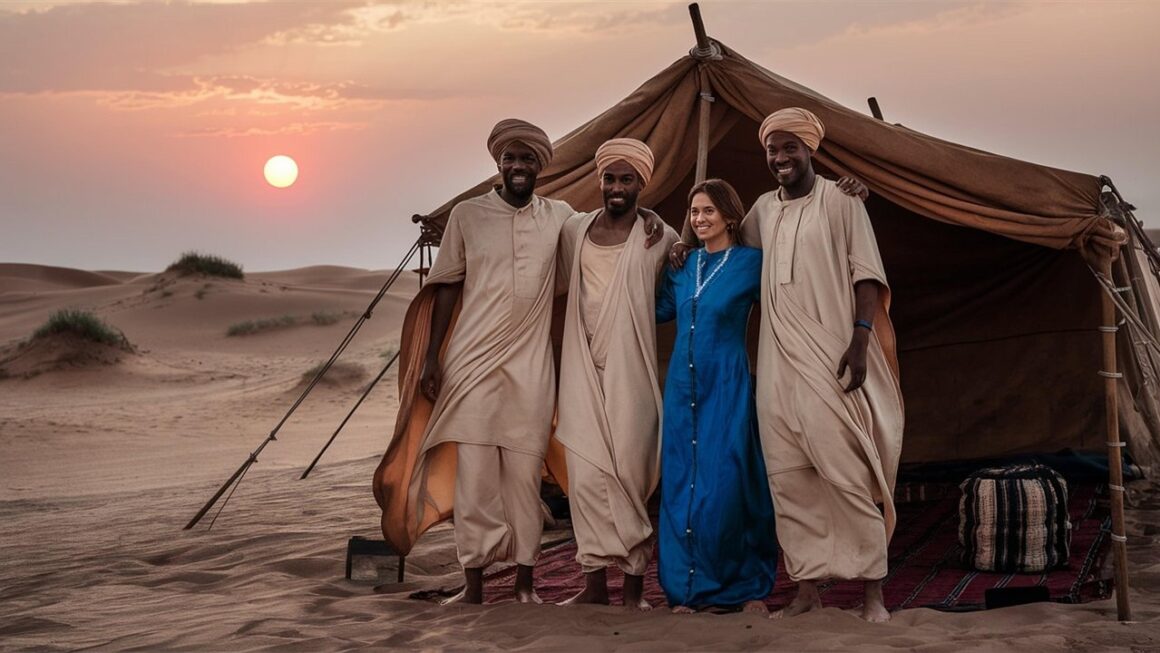Embarking on an Atlas Mountain hike is an experience that etches itself into your memory forever. Towering peaks, remote Berber villages, and breathtaking vistas await those who dare to explore the heart of Morocco. Whether you’re a seasoned trekker or a relatively new hiker, a journey through the Atlas Mountains promises adventure, cultural immersion, and unparalleled natural beauty. This guide provides everything you need to know to plan an unforgettable Atlas Mountain hiking experience.
Planning Your Atlas Mountain Hike
Best Time to Hike
The best time to hike in the Atlas Mountains largely depends on the specific region and your tolerance for temperature extremes.
- Spring (April-May): Offers pleasant temperatures, blooming wildflowers, and fewer crowds than the peak summer months. Ideal for lower altitude treks.
- Summer (June-August): High altitude treks are best undertaken during this period. Lower elevations can be scorching hot. Be prepared for intense sun and minimal shade.
- Autumn (September-October): Similar to spring, autumn offers comfortable temperatures and clear skies, making it a fantastic time for hiking across various altitudes.
- Winter (November-March): High-altitude treks are not advisable due to heavy snowfall and icy conditions. However, lower altitude treks can be enjoyable with the right gear. Consider the Toubkal region at lower elevations for day hikes.
Choosing Your Trek
The Atlas Mountains offer a range of treks catering to different fitness levels and interests. Consider these popular options:
- Mount Toubkal Ascent: The highest peak in North Africa (4,167m), requires 2-3 days and a good level of fitness. A guide is highly recommended, especially for inexperienced mountaineers.
- Imlil Valley Hikes: Offers various day hikes and multi-day treks through Berber villages, catering to all fitness levels. An excellent option for those seeking cultural immersion.
Example: A popular day hike is to Armed, the highest village in the Imlil Valley.
- Mgoun Valley Trek: A longer and more challenging trek lasting 5-7 days, exploring the stunning Mgoun Massif. Less crowded than the Toubkal region.
- Rose Valley Trek: Known for its vibrant rose fields in May, this trek offers gentler hiking through picturesque landscapes and Berber villages. Best visited in Spring to coincide with the blooming rose harvest.
Permits and Guides
- Mount Toubkal National Park: A permit is required for accessing Mount Toubkal and certain other areas within the national park. Your guide will usually arrange this.
- Guides: Hiring a licensed guide is highly recommended for most treks, especially those involving higher altitudes or remote areas.
Benefits: Navigation, safety, local knowledge, cultural insights, assistance with logistics.
Finding a Guide: Reputable tour operators or through recommendations from your accommodation in Imlil or Marrakech.
- Porters: Porters are invaluable for carrying your gear, making your trek significantly more comfortable. Negotiate their rates beforehand.
Preparing for Your Atlas Mountain Hike
Fitness and Training
- Cardiovascular Fitness: Engage in activities like running, swimming, or cycling to improve your stamina. Aim for at least 30 minutes of moderate-intensity exercise most days of the week.
- Strength Training: Focus on leg and core strength. Squats, lunges, and planks are excellent exercises.
- Altitude Acclimatization: If you’re planning a high-altitude trek like Toubkal, spend a few days at a moderate altitude (e.g., Imlil) to acclimatize before starting your ascent. Drink plenty of water.
- Hiking Practice: Practice hiking with a weighted backpack on varied terrain to prepare your body for the demands of the trek.
Essential Gear
- Hiking Boots: Sturdy, waterproof hiking boots with good ankle support are crucial. Break them in before your trek to avoid blisters.
- Backpack: A comfortable and properly sized backpack (40-60 liters for multi-day treks) to carry your gear.
- Clothing: Layers are key! Include moisture-wicking base layers, a fleece or insulated jacket, a waterproof and windproof outer shell, hiking pants or shorts, and a hat and gloves.
- Sleeping Bag: A warm sleeping bag suitable for the expected temperatures (especially for overnight stays in mountain refuges or camping).
- Sun Protection: Sunscreen, sunglasses, and a wide-brimmed hat are essential to protect yourself from the intense sun at high altitude.
- Water Bottle or Hydration Reservoir: Stay hydrated by carrying at least 2-3 liters of water per day. Consider using a water filter or purification tablets to treat water from streams.
- First-Aid Kit: Include essentials like blister treatment, pain relievers, antiseptic wipes, bandages, and any personal medications.
- Headlamp or Flashlight: Essential for navigating in the dark, especially if you’re hiking before sunrise or after sunset.
- Trekking Poles: Can provide extra stability and reduce strain on your knees, especially on steep descents.
Accommodation
- Imlil: The main gateway to the High Atlas, offering a range of guesthouses and riads to suit all budgets.
Example: Riad Atlas Panorama offers stunning views and comfortable accommodation.
- Mountain Refuges: Basic but functional accommodation available on popular trekking routes like Mount Toubkal. Book in advance, especially during peak season. Refuges often provide meals.
* Examples: Refuge du Toubkal, Refuge Les Mouflons.
- Camping: Allowed in certain areas with permission. Check with your guide or tour operator. Wild camping offers a more immersive experience but requires more preparation.
- Berber Villages: Some villages offer homestays, providing a unique opportunity to experience local culture and hospitality.
What to Expect During Your Atlas Mountain Hike
Terrain and Difficulty
The terrain varies depending on the trek, ranging from gentle valleys to steep, rocky ascents. Be prepared for:
- Altitude: Altitude sickness can be a concern, especially on higher peaks. Ascend gradually and be aware of the symptoms (headache, nausea, fatigue).
- Weather: Mountain weather can be unpredictable. Be prepared for sudden changes in temperature and precipitation.
- River Crossings: Some treks involve crossing rivers or streams. Wear appropriate footwear and be cautious.
- Rocky Paths: Many trails are rocky and uneven. Wear sturdy hiking boots and use trekking poles for added stability.
- Heat: Even at altitude, the sun can be intense. Protect yourself with sunscreen, a hat, and sunglasses.
Cultural Considerations
- Dress Respectfully: When visiting Berber villages, dress modestly. Cover your shoulders and knees.
- Learn Basic Arabic or Berber Phrases: Knowing a few basic greetings can go a long way in building rapport with locals.
- Ask Permission Before Taking Photos: Be respectful of people’s privacy.
- Bargaining: Bargaining is customary in markets. Be polite and reasonable.
- Tipping: Tipping is expected for guides, porters, and other service providers.
Food and Water
- Water: As previously mentioned, carry sufficient water and consider using a water filter or purification tablets.
- Food: Guides and porters often provide meals during multi-day treks, typically consisting of traditional Moroccan dishes like tagine, couscous, and bread. Mountain refuges also offer meals.
- Snacks: Pack energy bars, nuts, dried fruit, and other snacks to keep your energy levels up throughout the day.
Safety Tips for Hiking in the Atlas Mountains
Altitude Sickness
- Ascend Gradually: Avoid rapid ascents. Spend a few days acclimatizing at a moderate altitude before attempting higher peaks.
- Stay Hydrated: Drink plenty of water.
- Avoid Alcohol and Caffeine: These can dehydrate you and worsen the symptoms of altitude sickness.
- Eat Light Meals: Avoid heavy, fatty foods.
- Descend if Symptoms Worsen: If you experience severe symptoms, descend immediately to a lower altitude.
Navigation
- Hire a Guide: Especially for unfamiliar or challenging routes.
- Carry a Map and Compass/GPS: Know how to use them.
- Inform Someone of Your Plans: Tell someone your itinerary and expected return time.
- Stay on Marked Trails: Avoid shortcuts that could lead you astray.
Wildlife
- Be Aware of Your Surroundings: While large predators are rare, be aware of smaller animals and insects.
- Store Food Properly: Keep food in sealed containers to avoid attracting animals.
- Avoid Approaching Wildlife: Observe animals from a safe distance.
Conclusion
An Atlas Mountain hike offers an unparalleled adventure, blending stunning natural beauty with rich cultural experiences. By carefully planning your trek, preparing adequately, and respecting local customs, you can ensure a safe and unforgettable journey. Whether you conquer Mount Toubkal or explore the serene valleys, the Atlas Mountains will undoubtedly leave you with memories to last a lifetime. Take the leap, embrace the challenge, and discover the magic of Morocco’s majestic mountains.




